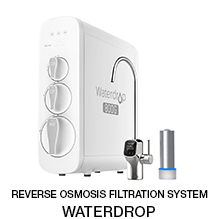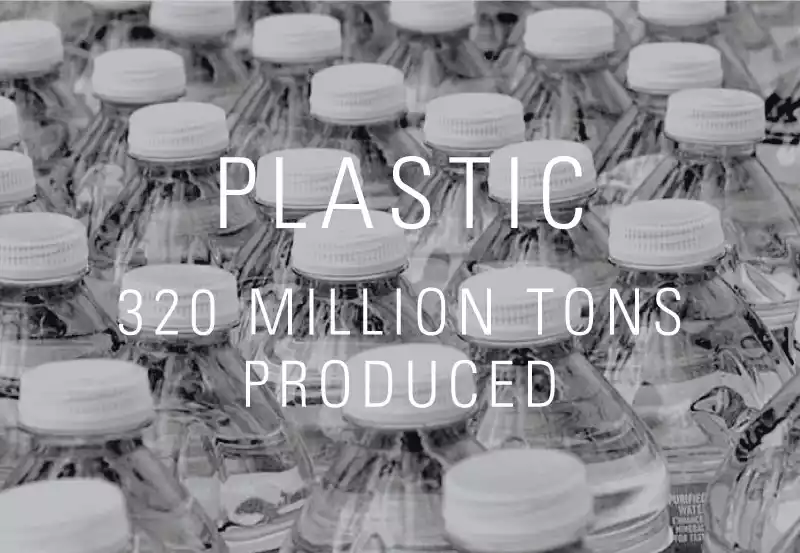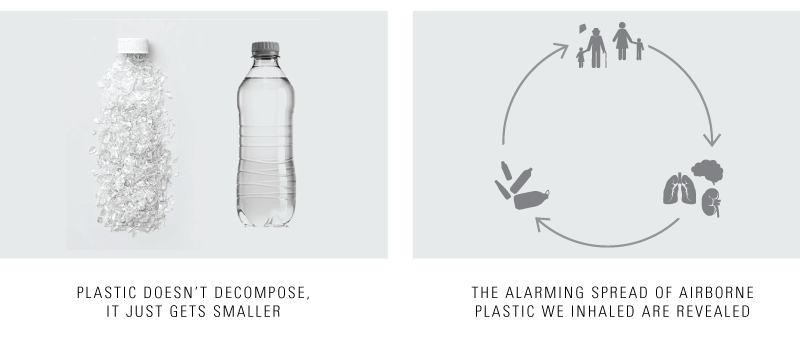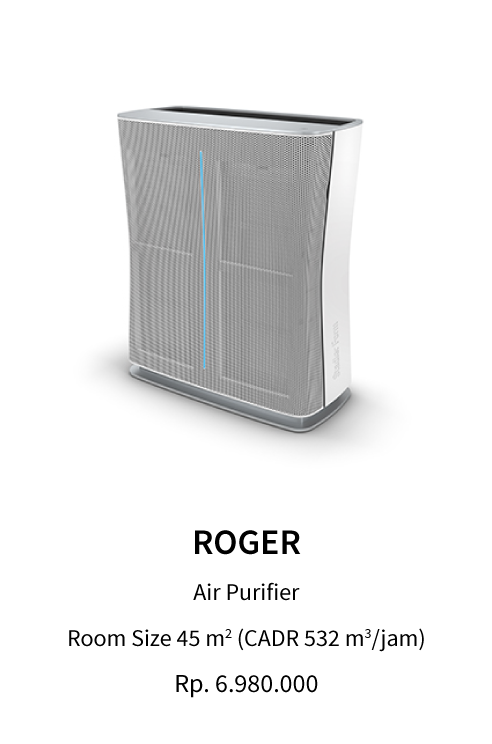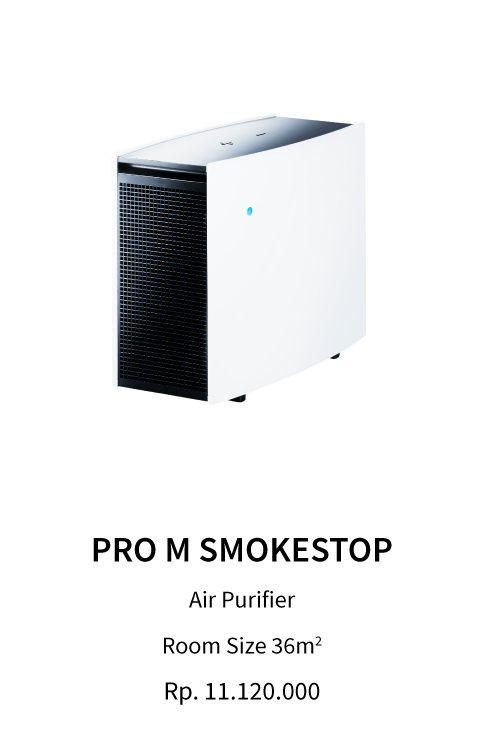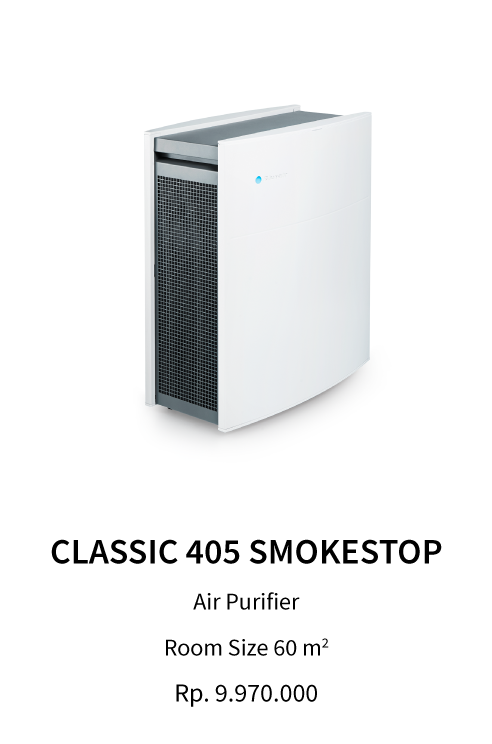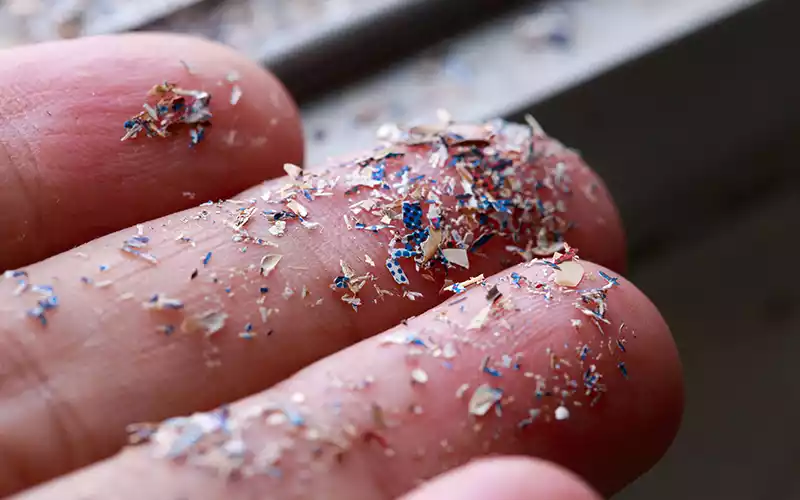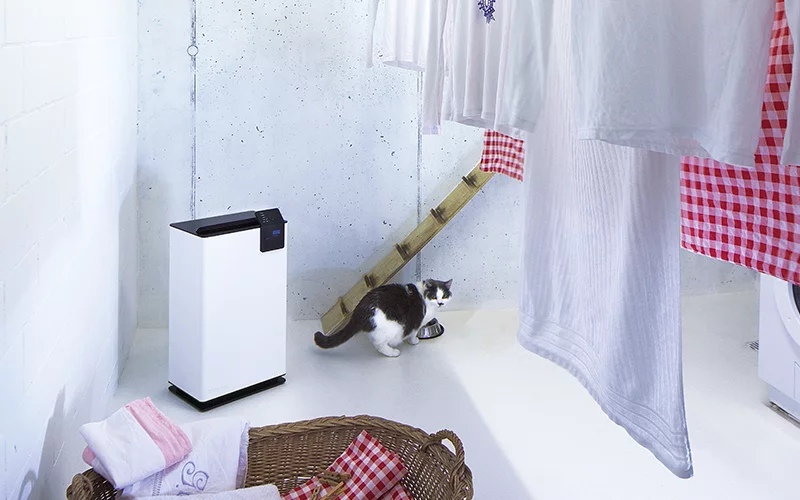People could be breathing in microparticles of plastic, according to a leading environmental health expert, with as yet unknown consequences on health. Microplastics are known to be damaging to life in the oceans, with marine creatures mistaking them for food, and to be consumed by people eating seafood. But Frank Kelly, a professor of environmental health at King’s College London, told MPs investigating the issue that the particles could be being inhaled too. “There is a possibility, a real possibility, that some of those microparticles will be entrained into the air, and they will be carried around and we will end up breathing them,” Kelly told an evidence session of the Environmental Audit Committee (EAC), adding that his group had just started new research into the issue.
“This is a horizon-scanning issue but the particles are of a size that they are [breathable], they are increasing in number in our environment and there is a question to be asked.” Kelly said the microplastics could enter the air after sewage sludge is spread on fields and dries out. He said a French study had detected the particles in the air. “If we breathe them in they could potentially deliver chemicals to the lower parts of our lungs and maybe even across into our circulation, in the same way as we worry about all the other vehicle-related emissions,” he said. The health effect of microplastics, either eaten or breathed in, was just beginning to be looked at, Kelly said. |
AIR PURIFIERS
|



